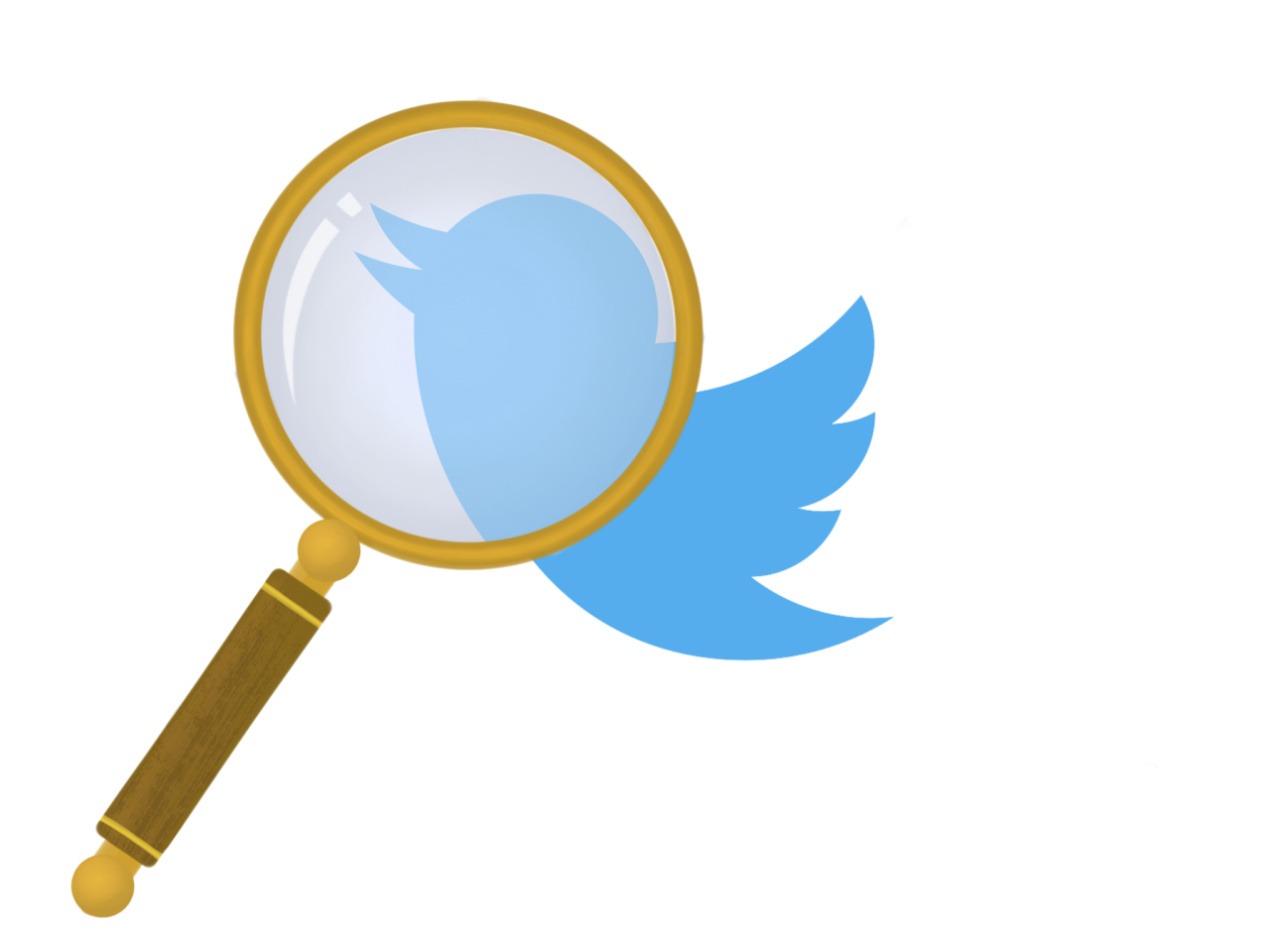Illustration by Genevieve Humphreys
Historians are an active community on twitter and even have their own self-applied appellation, #twitterstorians. Academic historians also share information while engaging with their fellow historians and the public. And sometimes you learn they may really, really like birds.
“Twitter offers value on a number of different registers. I think, for me, one of the most significant elements of its value is the networking opportunity,” said Lauren Turek, assistant professor of history at Trinity University.
“But on Twitter, it’s such a huge platform. I can learn about people doing work in non-U.S. history. I can learn about junior people like me who are doing really cutting-edge research,” Turek said. “I can also connect to and talk to really well known and established historians who I may be too shy to maybe talk to in person or email out-of-the-blue, but I can interact with them on a very equal basis on Twitter.”
Twitter — while it often gets a bad rap — allows historians to share their knowledge not only with their fellow #twitterstorians but also with the broader public. Cutting edge history blogs — such as Nursing Clio — have an established presence on Twitter, while historians — such as Kevin M. Kruse, a professor of history at Princeton University — make their bread and butter in disseminating historical knowledge through tweet threads.
“It’s also a really valuable tool for sharing historical knowledge. Not only the research that we’ve done, which people may not be aware of, but also just to counter misinformation which may be out there or to add nuance to a discussion. Sort of history behind the headlines can be incredibly valuable for the broader reading public,” Turek said.
Among historians, particularly university-employed historians, Twitter provides conversations on pedagogy and teaching strategies with ideas about what can be done to improve the classroom experience in a history course. If your professor or historian uses a technique that seems different and exciting to you, it might have been discovered on Twitter.
“From my Twitter account, I’m mainly talking about articles that I’ve read or talking about teaching strategies. I love using Twitter to learn about how other historians are incorporating new techniques in their classroom, whether that’s songs to play or activities to do,” Turek said. “I love that opportunity to discuss pedagogy with faculty at other schools.”
Twitter is more than just a social media site that deconstructs the barriers between academics and the broader public; between academics at elite institutions and those outside of the so-called Ivory Tower. Those more advantaged scholars become equal to those still trying to get their first degree. Twitter is an inherently democratizing platform and gives access to knowledge to everyone who is willing to ask, so don’t be afraid to get involved with academic or history twitter. Who knows, you may end up in a five-week-long thread that began with the age-old argument of whether Coca-Cola or Pepsi is better. Historians have opinions on soda too, y’all.







